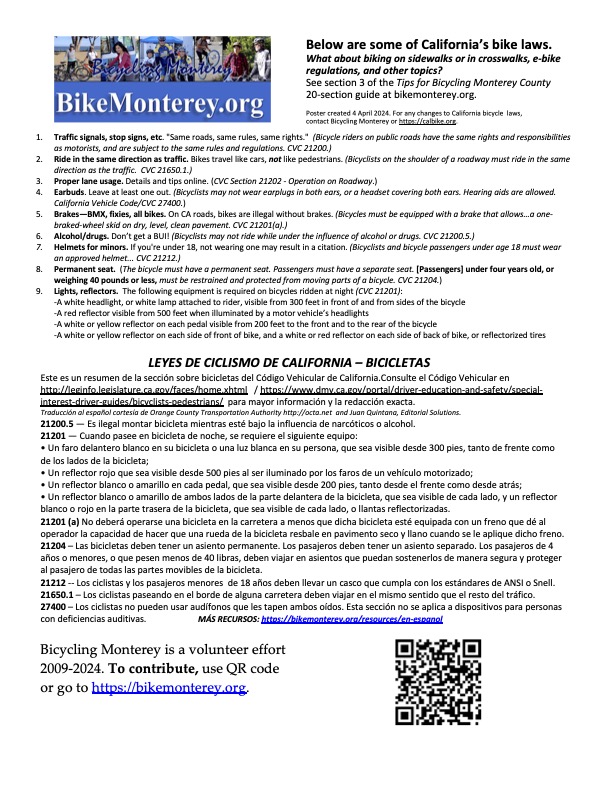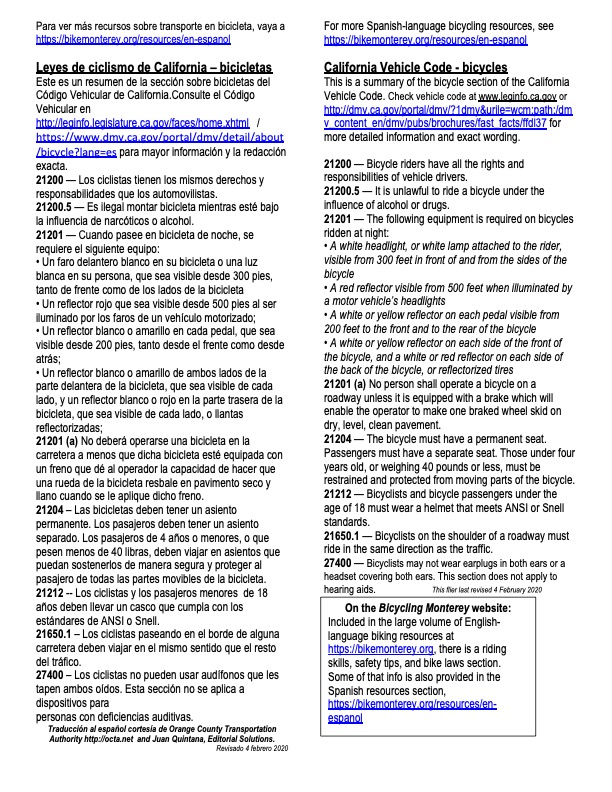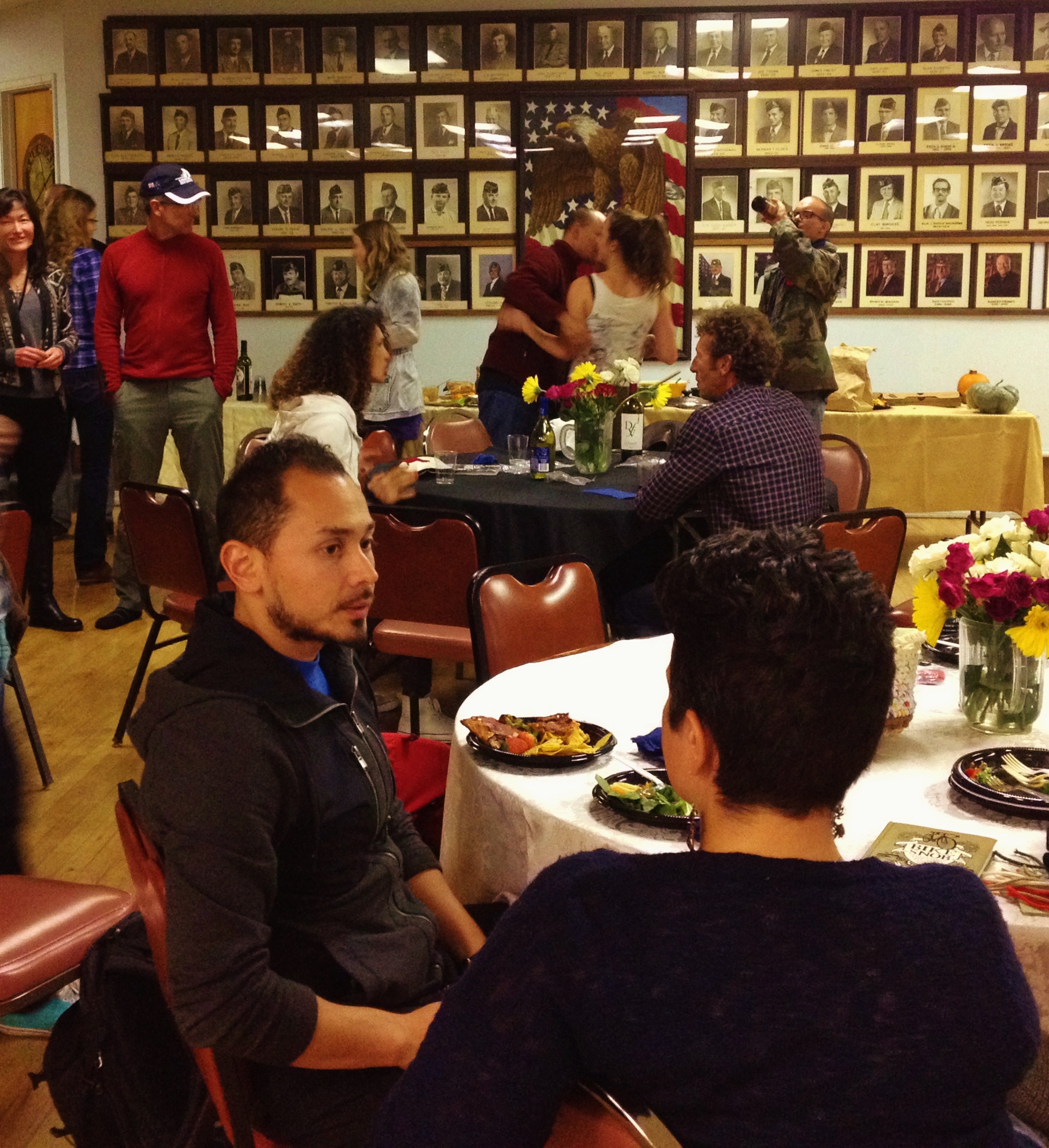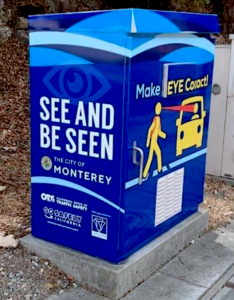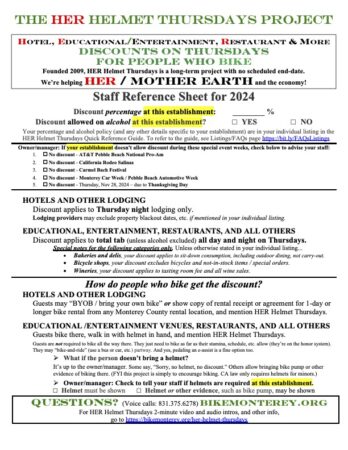Posted by Founder, Bicycling Monterey
Aaron Swartz: From despair, hope
Nope, not a bike post. These musings are for writers and others.
And on Feb 4, 4 p.m. Pacific time, click here to go to the Remember Aaron Swartz website and watch a livestream of the Capitol Hill memorial gathering.
 The Internet has changed everything, for better and for worse, “except our way of thinking,” Einstein might add. One result was an onslaught of new writers on the web, and added demands on existing professionals whose livelihood was writing. For many who advocated better contract terms and payment, there soon came a heaping measure of confusion, and too often, defeat.
The Internet has changed everything, for better and for worse, “except our way of thinking,” Einstein might add. One result was an onslaught of new writers on the web, and added demands on existing professionals whose livelihood was writing. For many who advocated better contract terms and payment, there soon came a heaping measure of confusion, and too often, defeat.
But look what’s happening as 2013 begins: From Aaron Swartz’s despair and tragic death at 26, he has birthed new optimism, sown fresh seeds. People who had thrown up their hands, thinking the changes were too challenging to address, are giving fresh attention to legal issues–including copyright, who really benefits from pay walls, the need to reform computer fraud and abuse laws, and more.
The story and images of Aaron Swartz are compelling. They appeal to our sense of injustice and to our eagerness for true democracy. They lead many people to a new place–no longer being so daunted. Most who dig in to his story learn a lot. (Suggested reading below.)
In the tech community and beyond, a groundswell of support is building for overdue social reformations. What an appropriate legacy for this sociologist, an unschooler and Stanford dropout who–like his paternal grandfather (more below)–had dedicated his life to making the world a better place.
Among many ways to honor the life of Aaron Schwartz is by championing writers’ rights anew. He started a new level of work; carry on.
It is another gift from a young man who—no matter your opinion of his methods—took bold steps because his aim was social justice.
Perhaps writers will want to start with Condé Nast’s new boilerplate contract for freelancers, as pointed out by the Authors Guild. Veteran writer and longtime rights’ advocate Erica Jong responded about the new Condé Nast boilerplate: “Greed. Make all writers into unpaid ‘content providers’ for the corporateocracy…. Then pay the bosses millions….Writing is no longer a profession.”
Condé Nast is parent company to Wired, and in 2006, Aaron Swartz was part of a small team that sold Reddit (“The Front Page of the Internet”) to Condé Nast. For a few months (as confirmed by a 1/12/13 Wired story by Kevin Poulsen, “Aaron Swartz, Coder and Activist, Dead at 26”), Swartz worked in the company’s office in San Francisco. Get a glimpse in 20-year-old Aaron’s “Office Space,” his 11/25/06 entry in his blog Raw Thought.
In 2007-2008, for a talk he prepared for a presentation in India, “How to Get a Job Like Mine” (http://aaronsw.jottit.com/howtoget), he wrote:
“Assume nobody else has any idea what they’re doing either. A lot of people refuse to try something because they feel they don’t know enough about it or they assume other people must have already tried everything….”
Besides the tremendous accomplishments of his short life, this brilliant and thoughtful young man left a trail of seeds. Follow the trail. From despair, hope.
New world in the making. You can be one of the architects.
Photo above, Aaron Swartz, 2008 – Credit: Noah Berger. Published 1/14/13 in the Christian Science Monitor with an Associated Press story by Daniel Wagner and Verena Dobnik, “Aaron Swartz death fuels computer-crime debate.”
Photo at top, Monterey cyclist, taken by ML at Monterey Public Library.
Make a donation to Give Well in memory of Aaron Swartz; click here.
You know that RSS button in the right-hand panel of this site–and on so many sites? At age 14, Aaron was a member of the working group that developed the Really Simple Syndication/RSS 1.0.

As reported by Sandra Guy in the Chicago Sun Times on January 15, 2013, Aaron was the grandson of the late William Swartz, who was active in the Pugwash Conferences on Science and World Affairs, a nuclear-disarmament group that was awarded a 1995 Nobel Peace Prize. Aaron’s grandfather also served as a director of the Bulletin of Atomic Scientists, a Chicago-based organization begun in 1945. The organization informs policy leaders and others on threats from nuclear weapons, climate change, and emerging technologies in the life sciences, with the goal of preventing catastrophes.
Suggested reading
Below is a start. While I may not agree with all that each one has written, in reading the following pieces, I have found that their knowledge of Aaron Swartz’s prosecution exceeds most media reports. I welcome you to contact me.
Alex Stamos
http://unhandled.com/2013/01/12/the-truth-about-aaron-swartzs-crime/
Jennifer Grannick
http://cyberlaw.stanford.edu/blog/2013/01/towards-learning-losing-aaron-swartz
http://cyberlaw.stanford.edu/blog/2013/01/towards-learning-losing-aaron-swartz-part-2
Lawrence Lessig
http://www.theatlantic.com/national/archive/13/01/aarons-law/267247/
http://www.democracynow.org/seo/2013/1/14/an_incredible_soul_lawrence_lessig_remembers
http://lessig.tumblr.com/post/40347463044/prosecutor-as-bully
Orin Kerr
http://www.volokh.com/2013/01/14/aaron-swartz-charges/
http://www.volokh.com/2013/01/16/the-criminal-charges-against-aaron-swartz-part-2-prosecutorial-discretion/
Among the points Kerr makes in his thorough discussion is: “If you want to end these tactics, don’t just complain about the Swartz case. Don’t just complain when the defendant happens to be a brilliant guy…. Instead, complain that this is business as usual in federal criminal cases around the country — mostly with defendants who no one has ever heard of and who get locked up for years without anyone else much caring.”
And here’s a response from Jennifer Grannick:
http://cyberlaw.stanford.edu/blog/2013/01/cfaa-law-and-justice-are-not-same-response-orin-kerr
Tim Wu
http://www.newyorker.com/online/blogs/newsdesk/2013/01/everyone-interesting-is-a-felon.html
Related post on this site: October 9, 2009, “New tech challenges the old book publishing industry.”
This post was published on 15 January 2013. One or more changes last made to this post on 11 June 2017.








